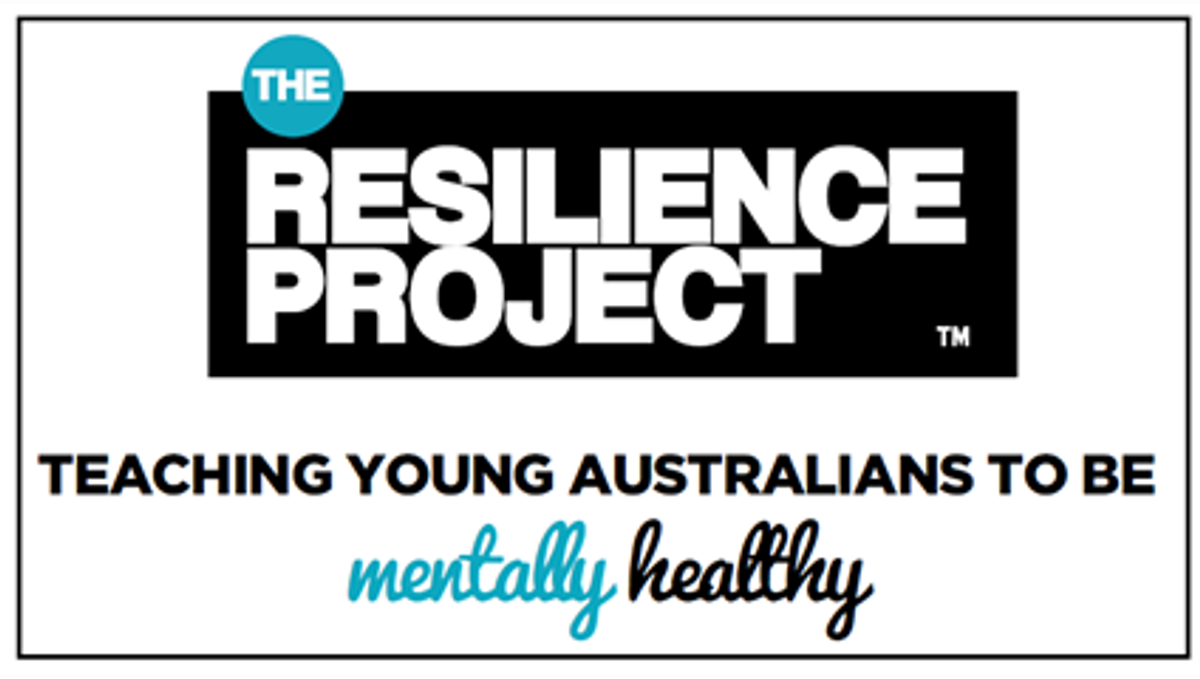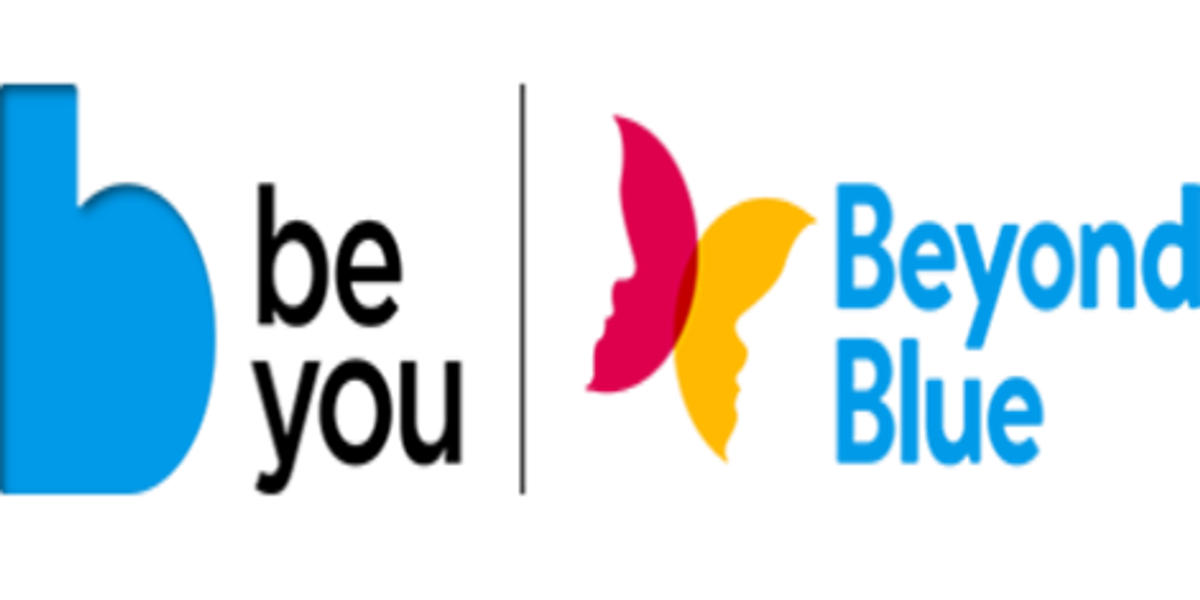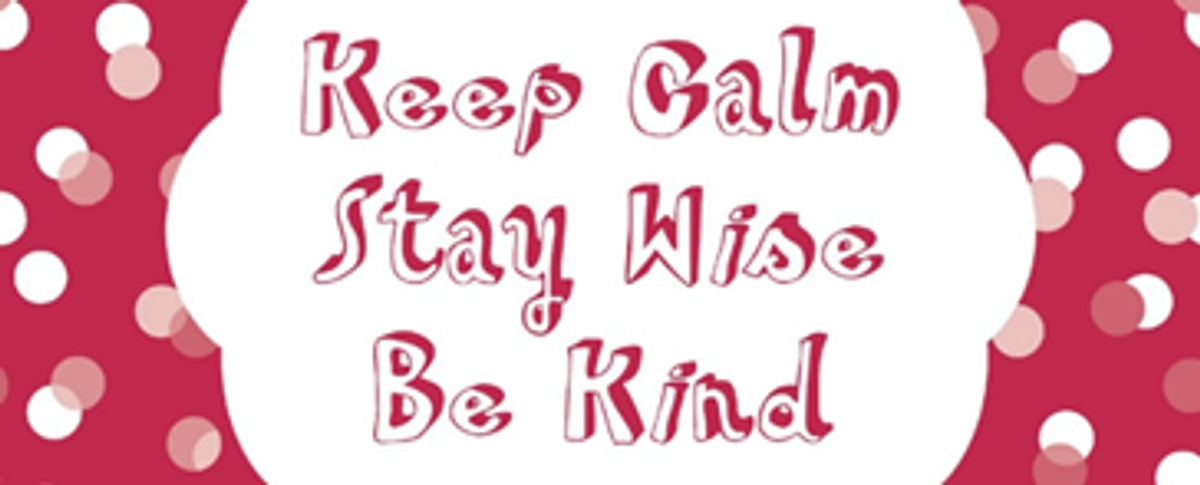Wellbeing

Communication
In last week’s newsletter, we highlighted the importance of having open communication between parents, carers and their children. It is vital that children build a network of people they trust and feel safe talking to. Here are some more useful tips taken from the NAPCAN brochure. NAPCAN is an independent charity and the leading advocacy body for prevention of child abuse and neglect. For more information visit www.napcan.org.au
Children may clam up... • when they are interrupted. • when their adult listener is obviously bored or busy doing something else. • when the adult takes over the discussion. • when they have their pronunciation or grammar mistakes criticised. • when they feel they are being questioned. • when they feel disapproval.
Talking about worries
Sometimes children need to talk about worries, but don’t know how to start. Recognise their feelings and gently prompt them. If you really don’t have the time just then, make it clear that you will listen later on – and do! Find a quiet place where you can give your undivided attention. Help your child talk about their feelings. Find out what they would like to happen before taking over with adult solutions. It might be best to compromise. If the problem is serious and you need to act, try to stay calm. Strong adult emotions can scare children into silence.
The Resilience Project
This week the Resilience Project is focusing on the importance of sleep, exercise and healthy eating, especially in such stressful times. This is a timely reminder for all of us.
When things are challenging thinking about looking after ourselves or changing habits can be a little overwhelming. The key at times like this is tokeep it simple. One way to do that is to get the basics right. Sleep, Exercise and Healthy Eating have a huge impact on our physical and mental health. As parents and carers, you want to be in your best physical and mental health to help and support your children. TRP have suggested a resource to further assist. It is the ABC’s #YourMentalHealth clips. They provide practical ideas to help practice positivity, purpose, breathing, diet & sleep. You can watch these by Clicking Here.
BeYou
BeYou is a resource for educators that promotes the mental health of all members of the school community. At SFS, we are a BeYou school. This week’s fact sheet from the BeYou website is all about the link between mental health and nutrition.
How are nutrition and mental health linked?
Healthy eating helps children and young people cope more effectively with stress, better manage their emotions and get a good sleep – all of which assist learning.
Most research about nutrition and mental health has focused on adults. We know that good nutrition is associated with better mental health outcomes, whereas a poor diet is associated with a greater risk of depression and anxiety. However, emerging research that focuses on children and young people has also found a relationship between unhealthy diets and poorer mental health outcomes.
Poor nutrition has been associated with:
- externalising behaviour (such as hyperactivity, aggression, disobedience)
- symptoms of attention deficit hyperactivity disorder
- poor concentration and tiredness, which interfere with learning
- immune system function, which is also linked to mental health
- delayed brain development – high-fat, high-sugar diets can affect proteins in the body that are important for brain development
- iron deficiency, which has been linked to cognitive function impairments associated with learning and memory
- nutrient deficiencies, which have been associated with mental health conditions including depression and anxiety (we know that fruits and vegetables, grains, fish, lean red meats and olive oils are rich in important nutrients such as folate, magnesium, vitamins and zinc which all impact on body and brain functions, including mood regulation).
Dietary habits aren't always a choice
‘Food insecurity’ – where people don’t have enough food due to because of things such as unemployment and poverty – is also a problem for many families in Australia. Food insecurity can result in poorer academic performance, time off from school, stress, depression, anxiety, aggression, and difficulty getting along with others. Food insecurity can result in:
- psychological stress – high levels of ongoing stress have been related to depression and delayed brain development
- poorer academic performance
- time off from school
- anxiety
- aggression
- difficulty getting along with others.
The good news is that improving what you eat can lead to improvements in your mental health, so it’s never too late to encourage healthier eating patterns.
Covid 19 Resources
Amidst all the uncertainty of what is going on in the world at the moment, the practice of mindfulness can help us feel grounded and refocus our energy. The Smiling Mind website and App has lots of helpful resources and mindfulness activities you might like to practice at home with your children. It is important to take breaks during the day and to transition between learning activities, so you might like to try one of the mindfulness activities then. Here is a resource from Smiling Mind with some activities for children aged 5-7years
8-10 years
11-12 years
Northern Star Chess
Northern Star Chess is delighted to offer a program of online Inter-School Chess Tournaments for Term 3.
These events can provide a fun and engaging experience for school-aged children during the current lockdowns. Each student just requires access to the internet to participate. All NSC online tournaments use a configuration which is simple and child-safe.
Format: 7 round Swiss, 10 minutes per player per game.
Tournament entry fee: $12 per player
Tournament Dates:
1. Monday 10th August - 1pm to 3:15pm (approx)
2. Thursday 20th August - 1pm to 3:15pm (approx)
3. Friday 28th August - 1pm to 3:15pm (approx)
For more information about NSC Online Tournaments please visit: https://NorthernStarChess.com/e-Tourney.html .
If you would like to register your child for this competition please contact me and let me know rlenko@sfslynbrook.catholic.edu.au
Rachel Lenko
Student Wellbeing Leader



